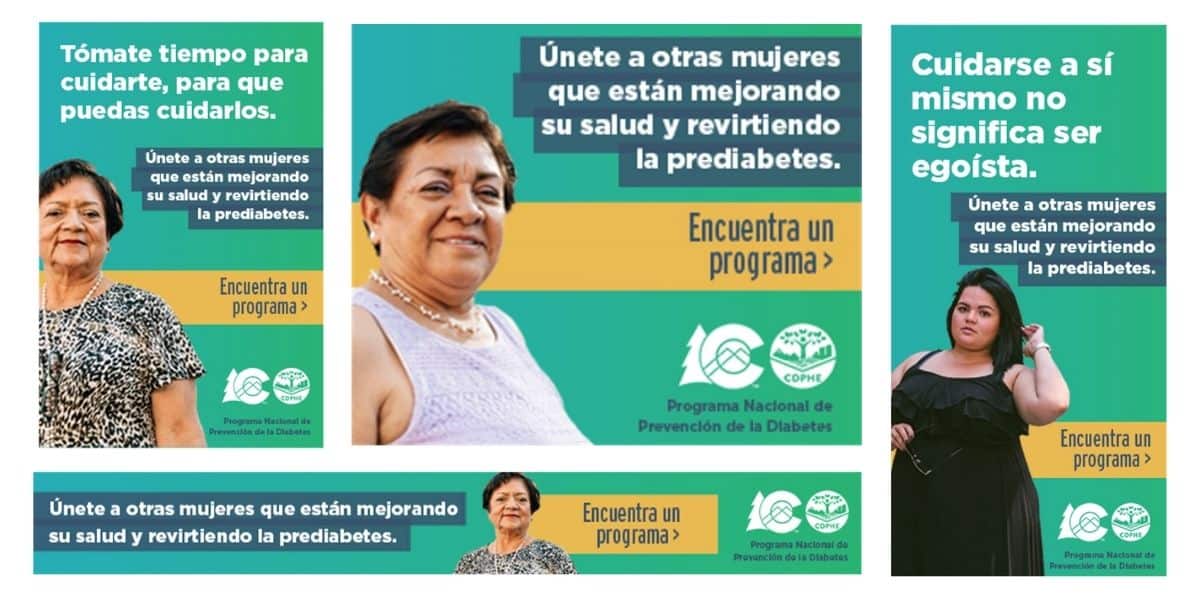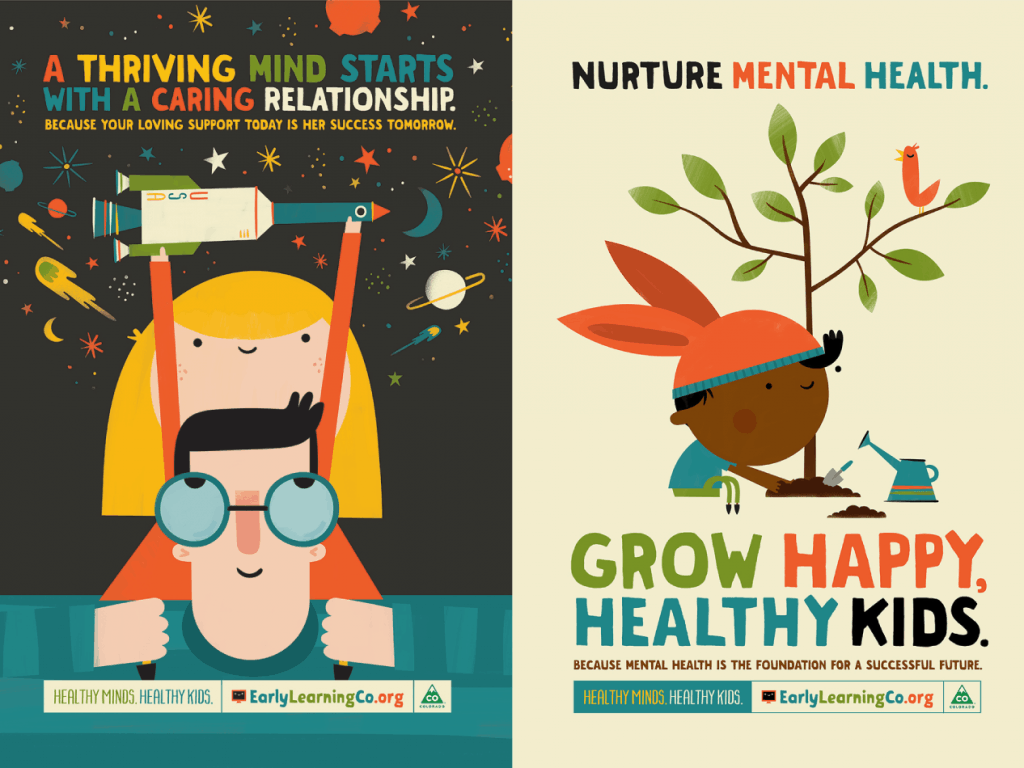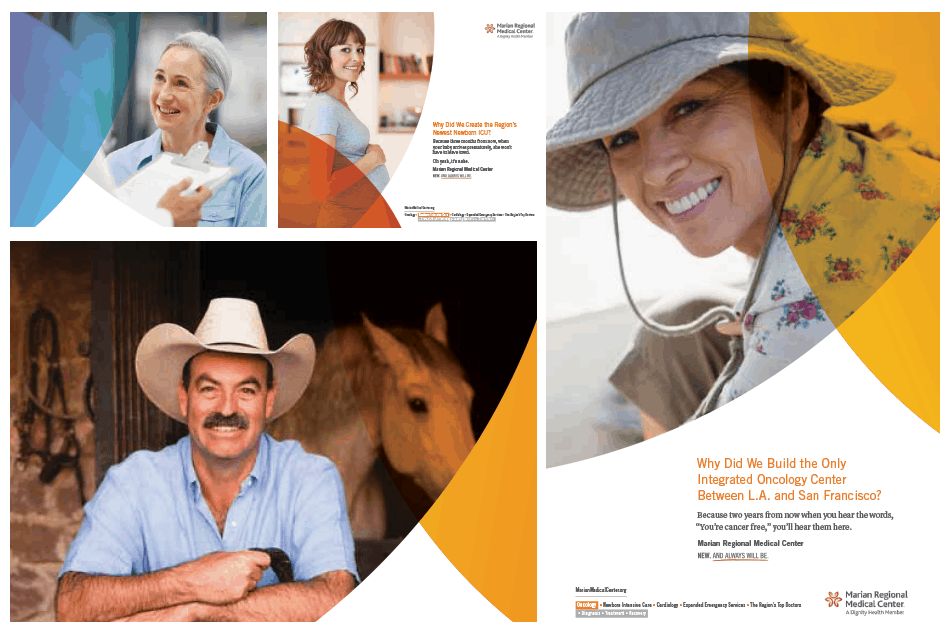
“A healthy community is a community fueled by productive work and motivated by care for one’s neighbor.”
This statement prompted both murmurs of agreement when shared with a room full of business leaders at “Business for the Common Good,” an event hosted this month by nonprofit Denver Institute for Faith and Work.
The event presented a framework for purposeful work today. Attendees were invited to see that productive work creates capital, jobs, and ideas that advance society. Therefore, work of all sizes, varieties and industries has the potential to contribute to the greater good.
The topic inherently evokes interesting questions.
How do our individual roles change when we see our contributions as vital to the success of our neighbors and communities? How, in an age defined by individualism, can we discipline ourselves to think of others, and view work as a means of generosity? What if work is not simply a means to pad a nest egg with charitable donations on the side?
At SE2, we are immersed in questions like these. It’s in our DNA as a firm to do work that matters.
Purpose is what draws us to our work.
We are proudly knee-deep in issues that affect our community, our neighbors and our culture. However, we also know that meaningful social change can be messy. Issues like public health, education and energy are complex challenges that engage people with vastly diverse viewpoints and priorities.
When those challenges arise, purpose is the thing that keeps us focused.
In a similar way, panelists at “Business for the Common Good” shared that a sense of purpose creates the fuel they need to produce excellent goods and services, manage teams, and serve their communities — even and especially when the work is hard.
- At age 40, Pete Ochs’s work leading a successful investment company had given him success, but not happiness. At a career turning point, he founded a manufacturing business inside a maximum-security prison, giving inmates a chance to do dignifying work that contributes to something bigger than themselves. Pete’s personal sense of purpose in the work helped him gain renewed motivation and satisfaction.
- Entrepreneur John Marsh has used his skills in construction, real estate and hospitality to renovate over 150 homes and businesses in his small Alabama town over the course of 25 years. By investing deeply in a specific geography, John’s work has brought economic vitality, jobs and culture to the town, transforming a once-dying community.
- Denver-based artist Jake Weidmann sees his work contributing beauty and evoking conversation for the common good. “Artists always start with the ‘why’ of a project — a desire for connection,” he shared. “Art is the medium through which craftsmen create connection in a fast-paced culture.” His calligraphy and drawings appear at The Crawford Hotel in Denver’s Union Station and installations throughout the region.
These leaders don’t see social good as a side hobby. Instead, they view life as an integration of values and work, and thereby encourage others not to leave values, faith or social activism at the office door.
In this spirit, I would suggest that seeing your day-to-day tasks through the lens of the common good will bring perspective and motivation to your work, and help our communities to thrive. Here are three questions to consider.
- How does your work enable the work of others? Even if your job is not directly tied to your passions, your work contributes to goods and services that others need, or makes it possible for others to do their jobs well. Do you create reports or processes that contribute positively to your company and industry? Does your writing or design create connection among diverse people? If you do your job with excellence, how does that make someone else’s job easier?
- What cultural goods do you make? The era of the craftsman is alive and well, as the beer and design industries indicate. The tangible goods and intangible ideas that we create at work can have a positive or negative affect on people and culture. By doing your work with excellence, you are modeling a standard of quality for others.
- From what sources do you draw daily motivation? When work is taxing and complicated, what keeps you on-track? Find mentors, peers, books or other sources of inspiration from which you can draw to keep the big picture in mind.





